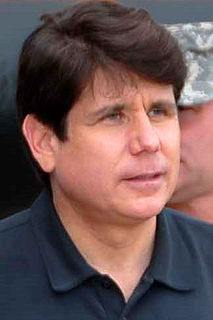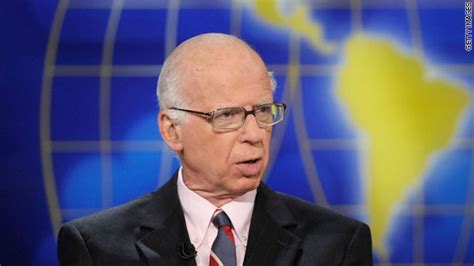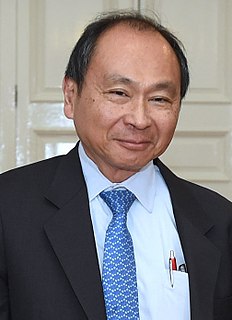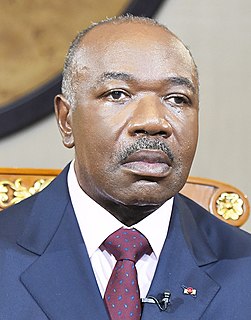A Quote by John Baldacci
The realization of a sustainable economic development strategy for Maine's Native American communities has always been a priority and a critical element of my administration's overall economic development strategy.
Related Quotes
The issue here is this, that the Government's argument at the present moment is the argument that now the war is over, terrorism is defeated, we have to focus on economic development which in the north and east particular, being the areas where the war was fought, development has to proceed at a pace. That people from those parts of the country are leaving seems to suggest a lack of confidence and certainty in the trajectory of this kind of economic development.
What Asia's postwar economic miracle demonstrates is that
capitalism is a path toward economic development that is potentially
available to all countries. No underdeveloped country in the
Third World is disadvantaged simply because it began the growth
process later than Europe, nor are the established industrial powers
capable of blocking the development of a latecomer, provided
that country plays by the rules of economic liberalism.
Every single human being is creative and maximizing that creativity is critical to happiness and economic growth. Economic growth is driven by creativity, so if we want to increase it, we have to tap into the creativity of everyone. That's what makes me optimistic. For the first time in human history, the basic logic of our economy dictates that further economic development requires the further development and use of human creative capabilities. The great challenge of our time is to find ways to tap into every human's creativity.
Up to now, economic development has always meant that people, instead of doing something, are enabled to buy it... Economic development has also meant that, after a time, people must buy the commodity because the conditions under which they could get along without it had disappeared from their physical, social, or cultural environment.

































